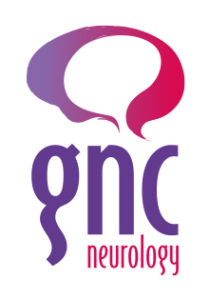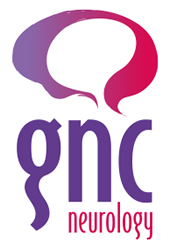Traumatic Brain Injury (TBI) in the UK – A Growing Concern
Understanding Traumatic Brain Injury (TBI) and Its Impact
Traumatic Brain Injury (TBI) is a significant public health issue in the UK, leading to substantial mortality and disability. TBIs can result from various incidents, including road accidents, falls, sports injuries, and workplace mishaps, causing severe cognitive, emotional, and physical challenges. Recent media reports have brought attention to the increasing prevalence of TBI cases across the nation, emphasizing the urgent need for specialized neurological care and comprehensive rehabilitation services.
Recent Media Reports on TBI in the UK
Several recent incidents have highlighted the profound impact of TBIs:
- Sports-Related Injuries: In Scotland, the inaugural “slap fighting” competition was canceled due to health concerns. Experts, including Dr. Willie Stewart from the University of Glasgow, warned about the significant risks of brain injury associated with the sport.
(The Times) -
A Super-featherweight boxer, 28, has died after his defeat in Belfast last Saturday. The Irish boxer suffered an intracranial haemorrhage and had surgery to relieve pressure on his brain following the bout at the Ulster Hall.
(BBC Sport) - Sickening collision between influential duo during Scotland’s Six Nations defeat to Ireland. The two talented rugby players clashed heads as they attempted to thwart an Ireland attack on 21 minutes and it curtailed both their afternoons.
One of the players neck was in a brace when he was stretchered off the field on a mobile buggy and it was confirmed the Edinburgh star headed straight to hospital for medical examinations. Scottish Rugby have since confirmed the winger has been diagnosed with a concussion.
(Scotland rugby news) - Veterans and TBI: Reports have shed light on military veterans living with TBI, a condition that often goes undiagnosed for years. This highlights the necessity for increased awareness and specialized care for those affected.
(ITV)
The Need for Specialist TBI Treatment in the UK
The rising number of TBI cases in the UK has led to a heightened demand for expert neurological assessment and rehabilitation. Early intervention is crucial, as untreated brain injuries can result in long-term complications such as:
- Cognitive Impairment: Memory loss, difficulty concentrating, and reduced processing speeds.
- Emotional and Psychological Challenges: Depression, anxiety, and mood disorders.
- Physical Disabilities: Issues with mobility, coordination, and chronic pain.
Advances in TBI Diagnosis and Treatment
Medical advancements have significantly improved the diagnosis and treatment of TBIs:
- Innovative Research: The UK-TBI REpository and Data Portal Enabling Discovery (TBI-REPORTER) is a research platform aimed at enhancing understanding and treatment of TBIs.
(tbi-reporter.uk) - Pediatric Care: Studies focusing on children with TBI are underway to improve outcomes for the youngest patients.
(cuh.nhs.uk)
Seeking Expert Care for TBI in the UK
If you or a loved one has experienced a Traumatic Brain Injury, seeking specialized neurological care is essential. Dr Griffin is a leading neurologist, providng support networks and dedicated to improving patient outcomes.
Stay informed and take proactive steps toward recovery and rehabilitation with expert care available throughout the UK.

